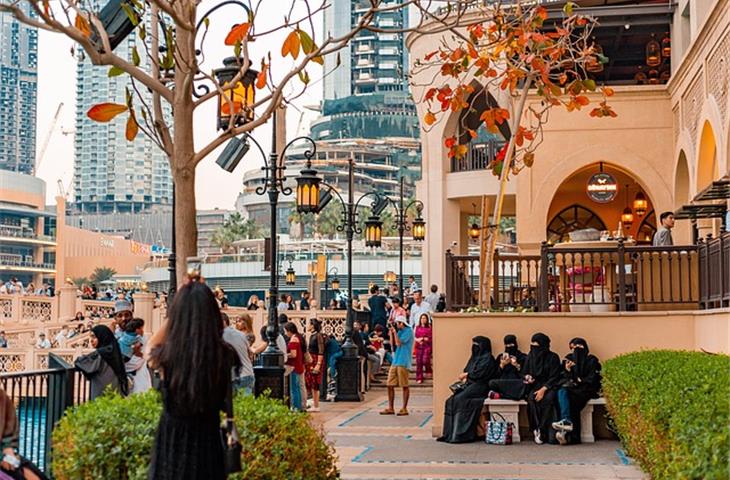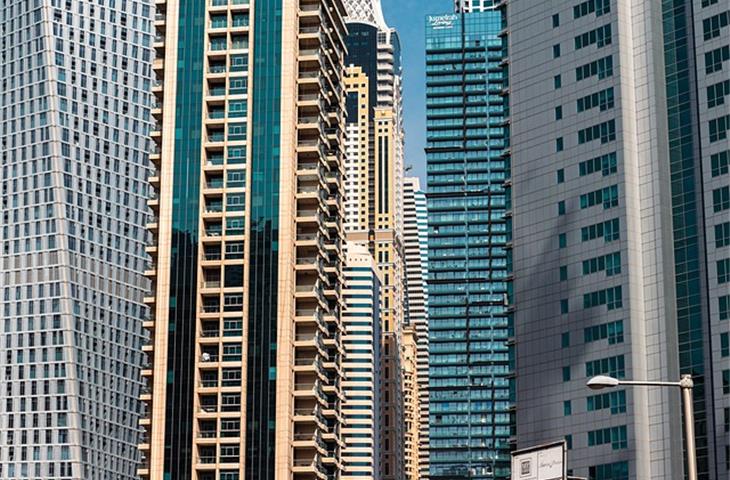"Dubai’s Current Currency Exchange Rate: An Insightful Overview"

The current exchange rate in Dubai serves as a determining element that conditions numerous economic and fiscal operations within the emirate. The currency conversion rate significantly influences the pricing of commodities and services, investment choices, and general economic equilibrium. As the financial epicenter of the Middle East, Dubai's currency exchange rate resonates beyond the local populace, encompassing global traders and investors. This discourse delves into the significance of the present exchange rate in Dubai, scrutinizing its effect on diverse sectors and addressing four pivotal requirements linked to it.
1. Comprehending the Factors Shaping Today's Exchange Rate in Dubai

The worth of the United Arab Emirates Dirham (AED) fluctuates based on several elements, including currency demand and supply, economic stability, and geopolitical occurrences. The current exchange rate in Dubai is swayed by the following variables:
Economic Stability: Robust and steady economies typically magnetize foreign investment, escalating the demand for the currency and thereby bolstering its worth.
Geopolitical Occurrences: Global incidents, like political discord or natural catastrophes, can disrupt the exchange rate by eroding international investor confidence in the UAE economy.
Interest Rates: Adjustments made by the UAE Central Bank on interest rates can influence the exchange rate, with elevated interest rates frequently resulting in a robust currency.
Trade Balance: A positive trade balance, signified by an excess of exports over imports, can bolster a stronger exchange rate.
2. The Implications of Today's Exchange Rate on Import and Export Activities

The current exchange rate in Dubai wields a pivotal role in import and export activities, influencing the expense of goods and services for enterprises and connoisseurs. Consider these salient points:
Import Expenses: A potentiation in the AED can lower the price of imported goods, benefitting both consumers and corporations. Conversely, a deprecation in the AED can trigger escalated expenses, adversely impacting the profitability of import-reliant sectors.
Export Prices: A spurring AED can price the nation's exports at a premium, potentially diminishing the dominance of UAE products in overseas markets. On the contrary, a weakened AED could render our exports more affordable, possibly enhancing demand for UAE items internationally.
Currency Hedging: Organizations involved in international commerce frequently resort to currency hedging tactics to curtail the perils associated with exchange rate volatility.
3. Assessing the Impact of Today's Exchange Rate on Foreign Investment
Today's exchange rate in Dubai significantly shapes foreign investment decisions, as it determines the investment outlay and possible profits for investors. To underscore:
Investment Gains: A depreciating AED can amplify the gains realized from overseas investment, as international investors gain access to more Dirhams upon reconverting their currency back to their domestic unit.
Investment Expenditure: A strengthening AED can encumber foreign investors, potentially dissuading them from investing in Dubai.
Capital Flow: Fluctuations in the exchange rate can precipitate alterations in capital flow, as investors might gravitate towards nations boasting stronger currencies or more advantageous economic climates.
Strategies for Enterprises to Mitigate Risks Posed by Today's Exchange Rate in Dubai
Enterprises operating in Dubai can implement various strategies to mitigate the risks associated with the prevailing exchange rate:
Currency Hedging: Corporations can employ currency hedging methodologies, such as forward contracts or options, to secure exchange rates for forthcoming transactions.
Diversification: Spread the currency risk by engaging in trade and investment across multiple currencies, thus mitigating the impact of exchange rate fluctuations.
Cost Optimization: Enterprises can fine-tune their costs by negotiating superior terms with suppliers, enhancing operational efficiency, and exploring alternative procurement opportunities.
To sum up, the current exchange rate in Dubai represents a pivotal factor that influences myriad economic and fiscal operations within the emirate. By comprehending the factors that shape the exchange rate, assessing its implications on distinct sectors, and implementing strategies to mitigate risks, businesses and individuals can make well-informed decisions and traverse the intricacies of the Dubai economy.
